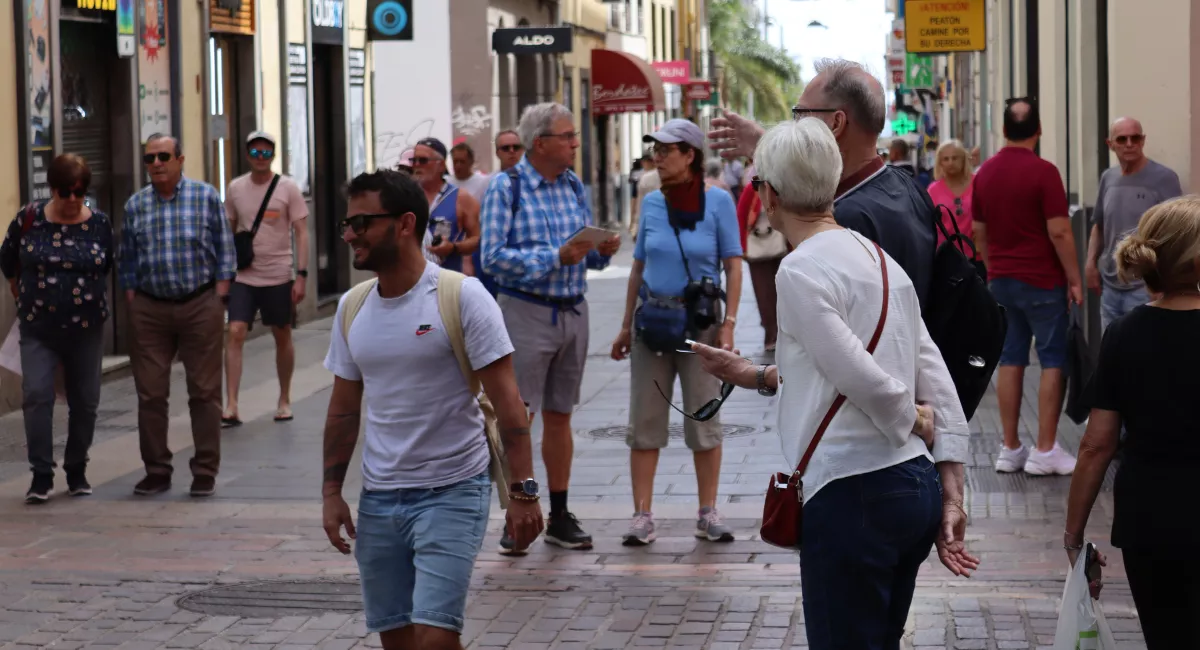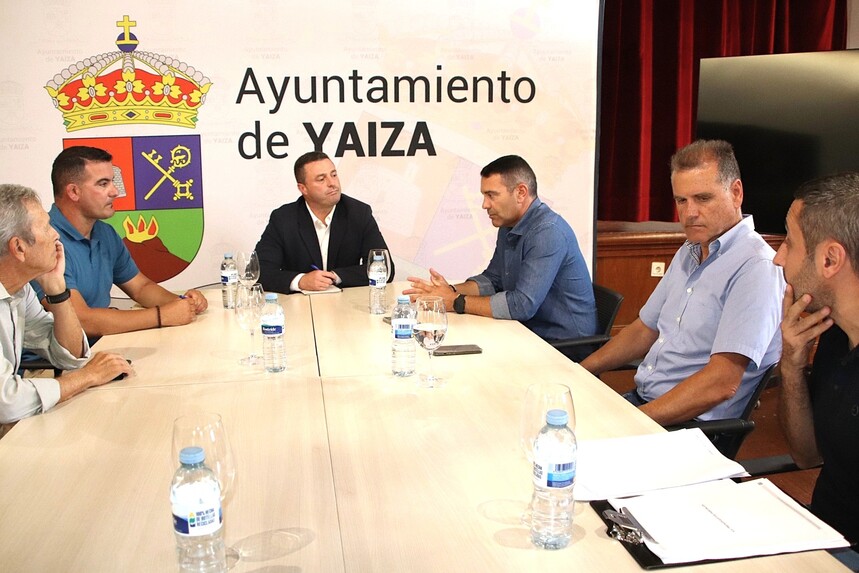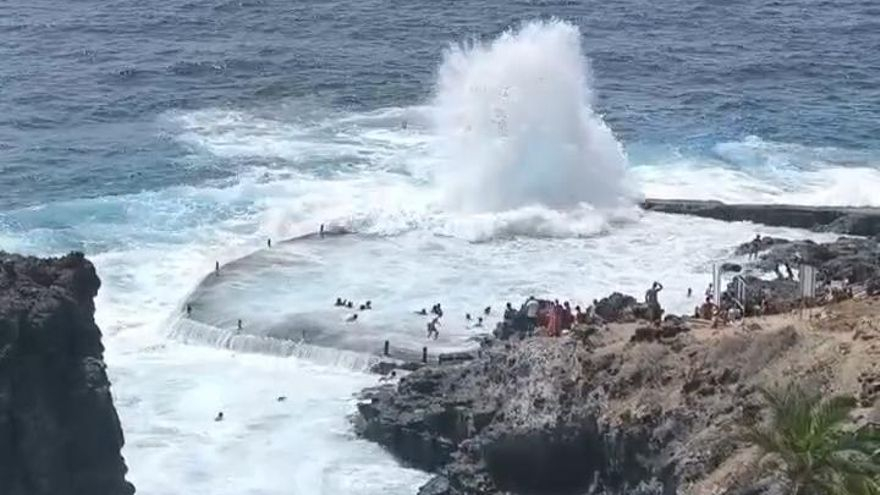
SANTA CRUZ DE TENERIFE, 26 Aug. (EUROPA PRESS) –
The Councillor for Social Welfare of the Canary Islands Government, Candelaria Delgado, stated on Tuesday that the decree establishing the ordinary capacity for the accommodation of migrant minors “is beneficial” for all autonomous communities, and will therefore be enforced.
In statements to the press following the approval of the decree in the Council of Ministers, she highlighted how migration pressure has recently increased in the Balearic Islands. “The same could happen in any other border territory on the peninsula,” she noted.
She pointed out that care for migrant minors is a “state issue” that needs to be “resolved collectively” by all communities in conjunction with the central government, as they await the outcome of resources submitted to the Supreme Court.
However, she remarked that “there should be no problem” with the implementation of the decree, despite funding concerns, as “many” communities claim that the current resources are “insufficient for long-term care of the children, but only adequate for a limited number of months.”
Delgado defended that the funding is updated annually and expressed gratitude for the willingness of the Basque Country and Catalonia to provide places, even though they are not initially included in the allocation.
The Councillor indicated that this decree clarifies “in black and white” the number of migrant minors and the number of places each autonomous community must have “without exception,” including those minors who may arrive in the future.
If a migration emergency is declared—when capacity is exceeded by three times—the minors must be distributed among the other autonomous communities. In the case of the Canary Islands, which has an ordinary capacity of 737 places, it is currently accommodating over 5,000.
She noted that this distribution also necessitates funding. If this is insufficient, further discussions with the central government will be required, given that the Minister for Territorial Policy, Ángel Víctor Torres, argued in Congress that it would be “adequate.”
“We understand that if it is not implemented now, it must be done as soon as possible to continue caring for the minors,” she commented, emphasising that the autonomous communities have already raised the issue in the Sectorial Conference on Childhood and Family, stating that support should continue until the minor reaches adulthood.
In this regard, she mentioned that the Canary Islands Government has made this request in its submissions to the Supreme Court, understanding that it cannot “leave the regulation in ‘stand-by'” due to a lack of resources.
As an example, she referenced how the Canary Islands established centres “overnight” when 100 minors arrived on the islands daily, pointing out that any autonomous community could do the same by opening emergency centres, following the examples set by the Canary Islands, Ceuta, or the Balearic Islands.














